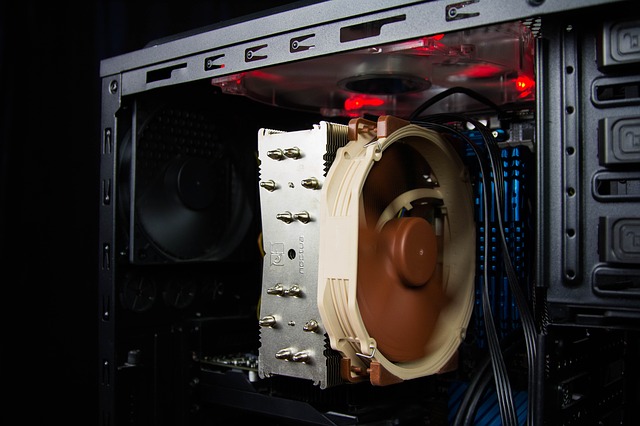Overclocking, if you never heard of it before, it is a “dark art”. It is forcing your electronics to perform better than the manufacturer intended. Pretty much any piece of electronics that you might own, computer, tablet, phone, have processors inside them that all have something in common. Design and architecture dictate the performance and the number of cycles that they can perform per second. This is usually represented as frequency or clock speed. That is where the term overclocking comes from. To get more performance you are taking the clock speed and turning it up over the manufacturer’s recommendation. However, the clock speed is not the only factor. So it is not like you can overclock a calculator or a digital watch to perform as well as a gaming PC. You can actually make the calculator, or any other electronic component, faster relative to its original state.
How to overclock?
How can you overclock any piece of electronics? First, you need to decide if you want to accept the risk, and actually want to overclock. Overclocking often requires other aspects of your device to be run outside of specifications. By turning up the speed, your device will become unstable. To compensate and stabilize your device, you can turn up the voltage, but that can cause additional power consumption and more heat output. People who do this for a while will have experience with anything from large heatsinks with fans for cooling to liquid cooling or even more exotic, sub-zero cooling if they are trying to get maximum performance. More voltage also increases the risk of failure. So to protect themselves, many manufacturers will actually refuse to issue warranty service on overclocked components.
Lots of people are willing to make these trade-offs for more performance. You can find many guides and tutorials for overclocking pretty much any device that would benefit from it. You can overclock many android phones with a simple app download. PC overclocking is a very popular topic with gamers, video editors, or anyone else who needs more performance from his or her computer.
Is it worth the risk?
To gain an advantage you need to go above the average. The manufacturers set the clock speeds on electronics much lower than their actual maximum. They need to do this, to protect themselves. If they would set everything to its near limits, many things will break often only a few uses. And then the manufacturers would have to send the new components, and they would pretty much lose money left and right.
Overclocking is definitely worth it, especially when it comes to PC gaming. As mentioned above, almost every component is set to run much slower than it actually is capable of. Apart from that, nowadays every motherboard, CPU, or GPU have a lot of safeguards built-in. It is really difficult to break any of these components. If you overclock your components in BIOS, you can always use the CMOS button and start from scratch. Components like GPU, you can overclock using certain software. And that overclock only works if the software is active and running. The worse thing that can happen is that your PC freezes, or it won’t boot. In that case, you can just clear your BIOS with the CMOS button, or uninstall the overclocking software and you are back on default settings.
Conclusion
Overclocking can be a great way to gain extra performance for free. Overclocking became pretty much standard these days. Having that in mind, the manufacturers produce components capable of such things. However, not all components will be able to overclock. You should always check the experiences of others with the same component. When you do overclock, start gradually. Don’t put crazy high numbers right from the start. And don’t forget the cooling. As clock speeds go higher, so does the heat. The cooler your components are, the better performance they will deliver.
